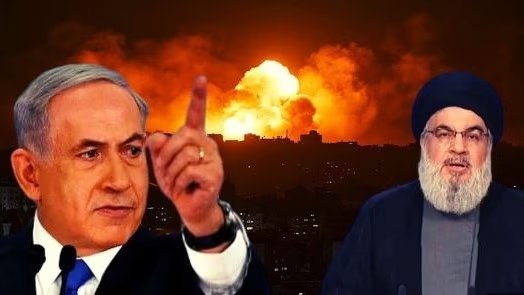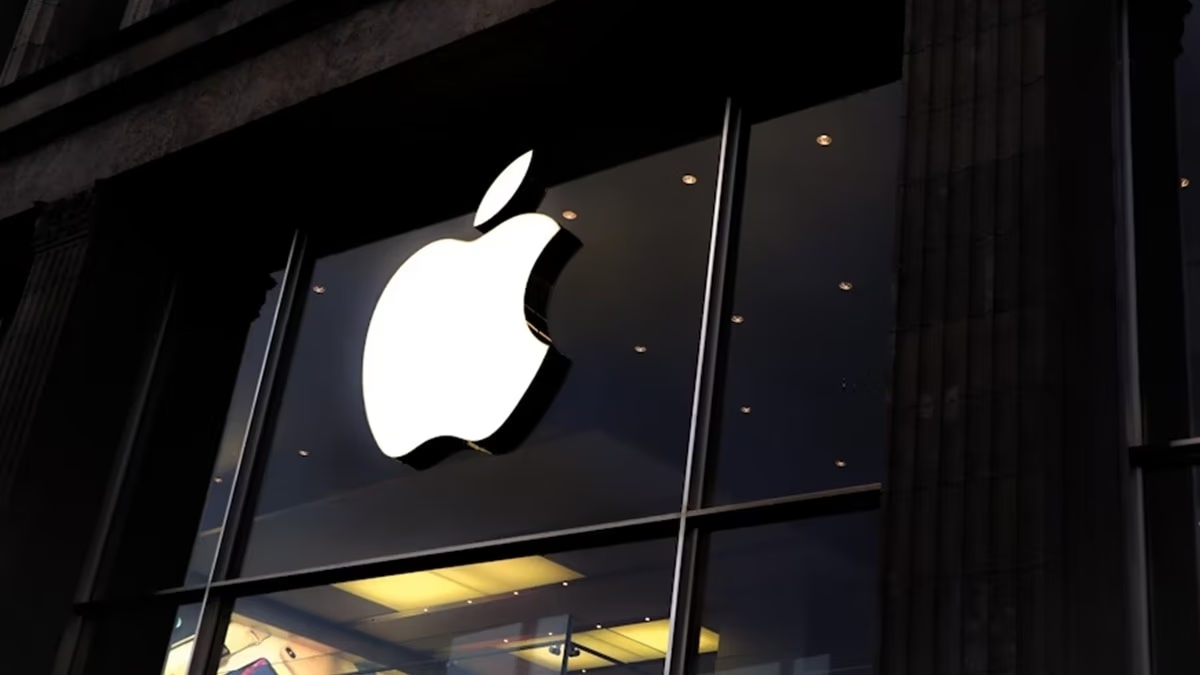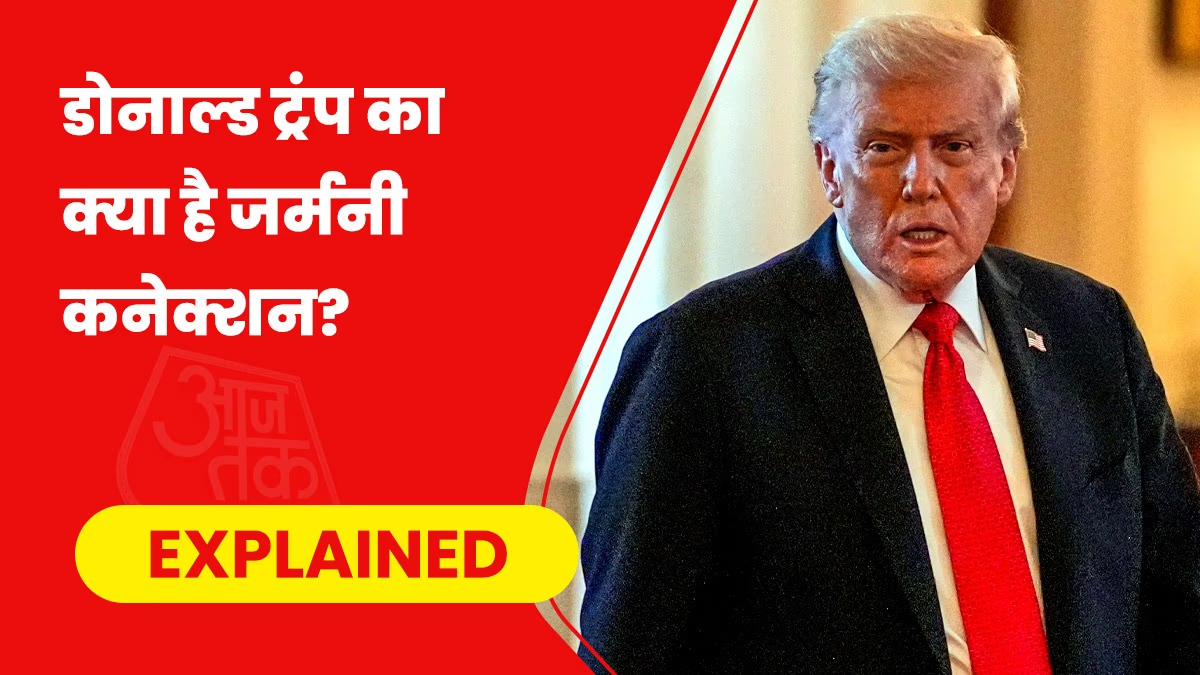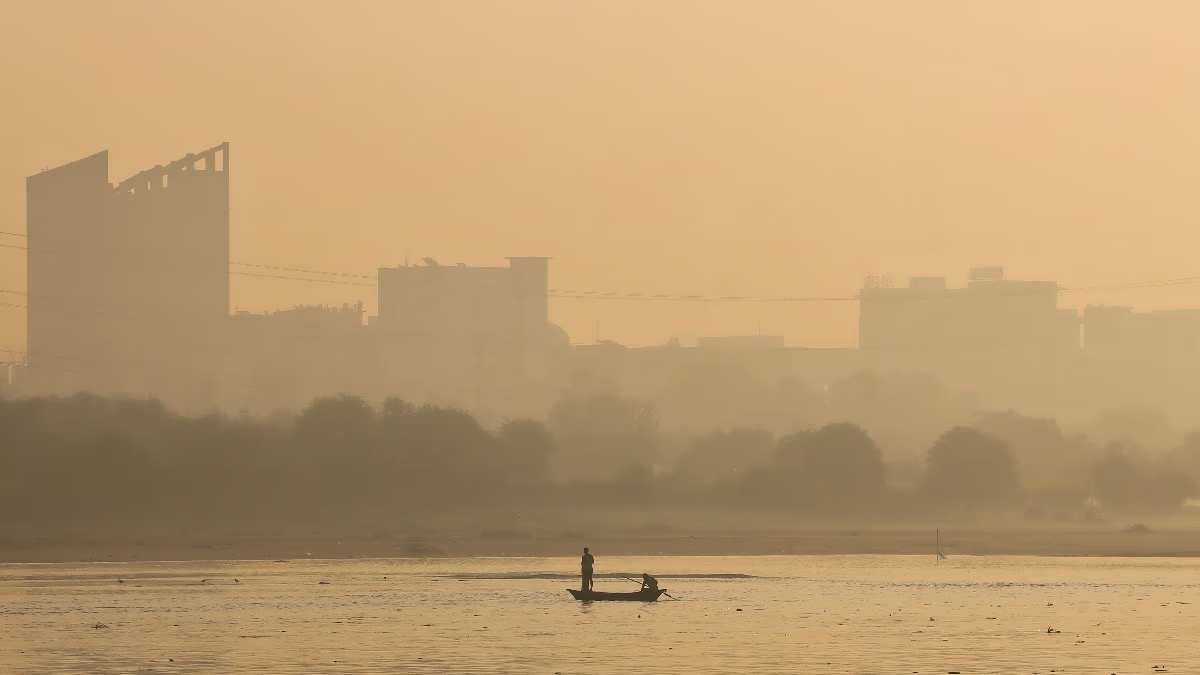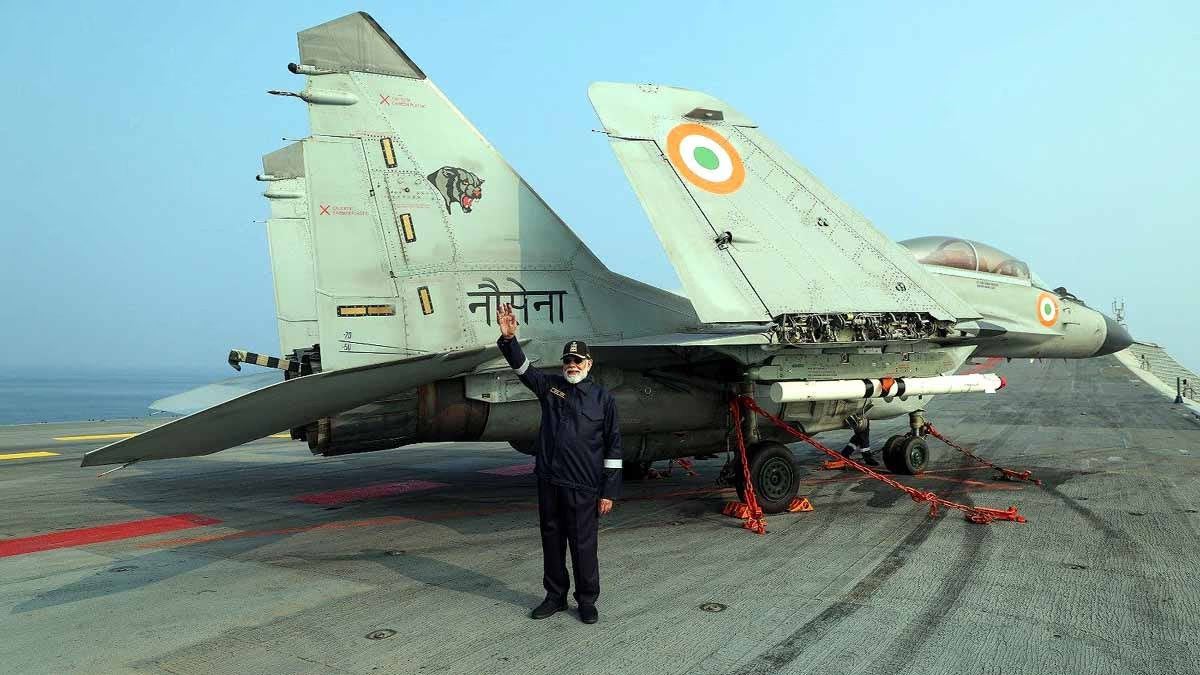Intense conflict continues between Israel and Hezbollah in Lebanon, with both sides engaging in ongoing air raids. On Sunday, Hezbollah launched 320 drone attacks on Israel, targeting 11 military sites simultaneously. In retaliation, Israel carried out tremendous airstrikes on over 100 sites in Lebanon. In Tel Aviv, Prime Minister Benjamin Netanyahu and Defense Minister Yoav Gallant are closely monitoring the situation. Netanyahu also convened an emergency meeting and declared a 48-hour state of emergency in the country.
In this meeting, Prime Minister Netanyahu said, "What happened today (Sunday) is not the end of the story. Hezbollah attempted to attack Israel with rockets and drones. We have directed the IDF to take necessary operations to eliminate the threat. Our military has destroyed hundreds of rockets in the air that were designed to attack our citizens and security forces.''
Netanyahu further stated, ''We are delivering devastating blows to Hezbollah. Three weeks ago, we eliminated its Chief of Staff. Today we thwarted their attack plans. I reiterate, this is not the end of the story." After the conflict in Gaza, the situation between Israel and Hezbollah in Lebanon has deteriorated significantly. Israel is facing wars on multiple fronts simultaneously.
After Israel's strong response, Hezbollah has retreated. Hezbollah leader Sheikh Hassan Nasrallah stated in a televised address that there would be no attacks on Israel for now. He mentioned that talks are ongoing regarding a ceasefire in Gaza, and he doesn’t want to disrupt them, so there will be no attacks on Israel at this moment.
The IDF spokesperson said that the Israeli fighter jets are attacking Hezbollah's sites in Lebanon. After detecting Hezbollah's missile and rocket firing activities, this step was taken. Daniel Hagari, the spokesperson for the Israeli Defense Forces, stated that the attacks on Lebanon are for self-defense to counter Hezbollah’s missile and rocket attacks.
The Israeli military’s spokesperson also said that before attacking in Lebanon, civilians were immediately warned to leave Hezbollah-controlled areas. Hagari said, ''The terrorist organization Hezbollah attacked Israel with rockets. In a self-defense move, our army retaliated by attacking terrorist sites in Lebanon. We are fully prepared.''
Hezbollah is also responding strongly to Israeli attacks. Hezbollah has unleashed a barrage of rockets and drones on Israel. Three days ago, the IDF targeted 10 Hezbollah sites in southern Lebanon, killing eight people, including a child, and injuring several others. The Israeli army killed Mohammed Mahmoud Najem, the operator of Hezbollah’s drone and rocket unit.
As tensions between Israel and Hezbollah rise, White House National Security Council spokesperson Sean Savett said that US President Joe Biden is closely monitoring the situation. Biden remained connected with his national security team throughout the evening. Following his directives, senior US officials maintained continuous communication with their Israeli counterparts. The US will continue to support Israel's right to self-defense.
Thousands Protest in Tel Aviv
Meanwhile, thousands of protesters marched in Tel Aviv, appealing to the Israeli government to reach an agreement for the release of hostages. Families and friends of those taken hostage fear that prolonged war in Gaza will lead to more fatalities. This protest happened as final-round talks to end the 10-month-long war in Gaza were underway in Cairo, Egypt.
Representatives from Israel were present in the US, Qatar, and Egypt-mediated talks, although Hamas representatives did not participate in the discussions; they were present in Cairo. The demonstrators in Tel Aviv have long demanded the resignation of Prime Minister Benjamin Netanyahu and his entire government, claiming they are entirely incapable of rescuing the hostages and running the country effectively.
